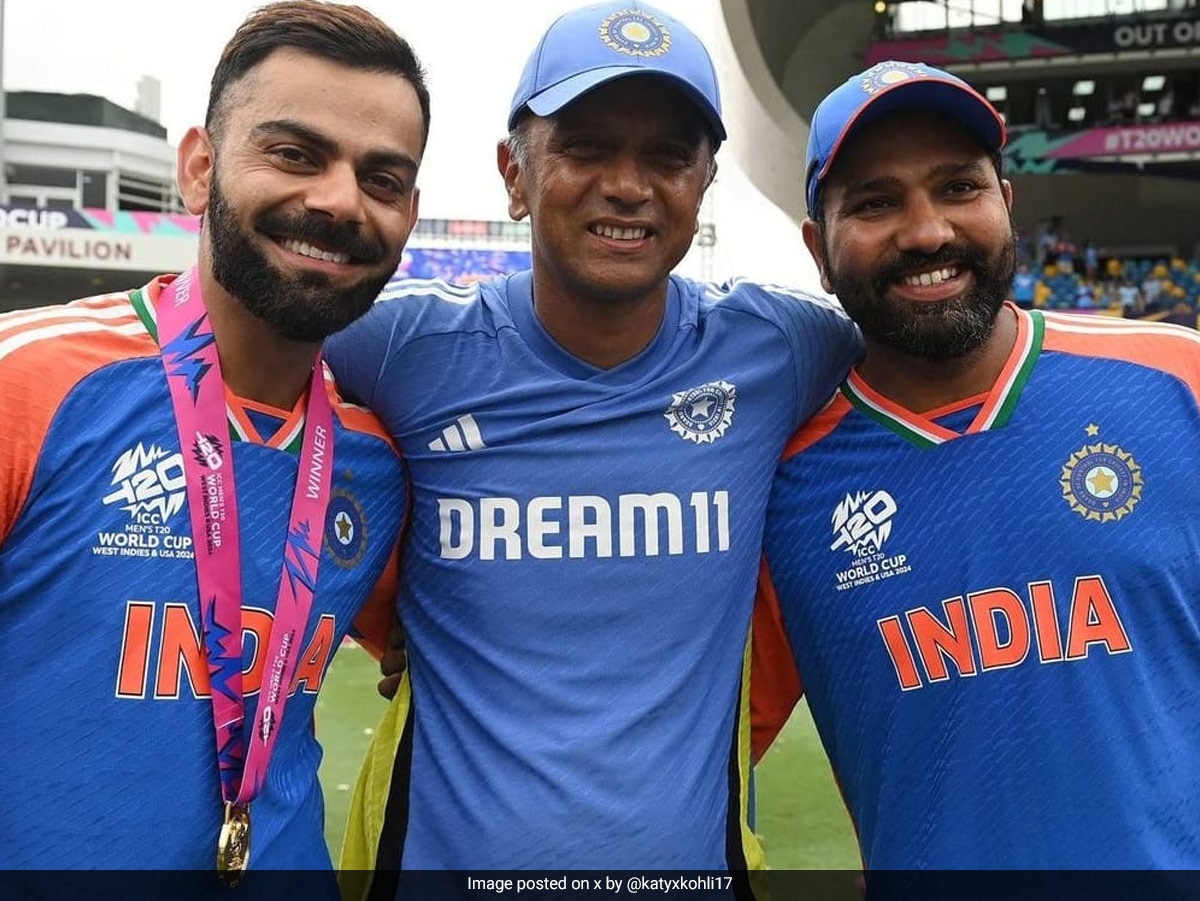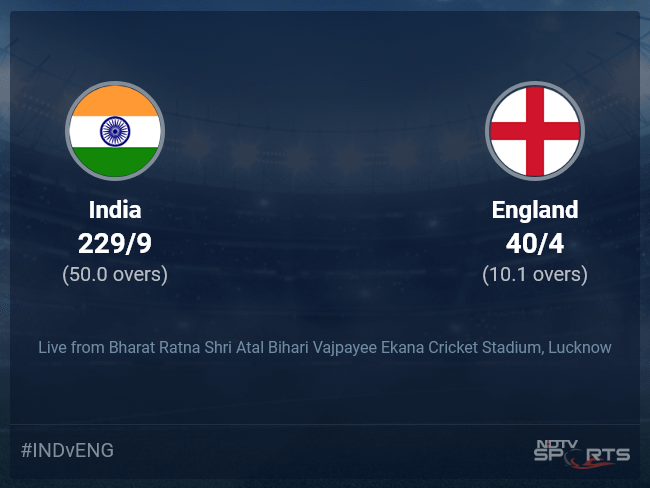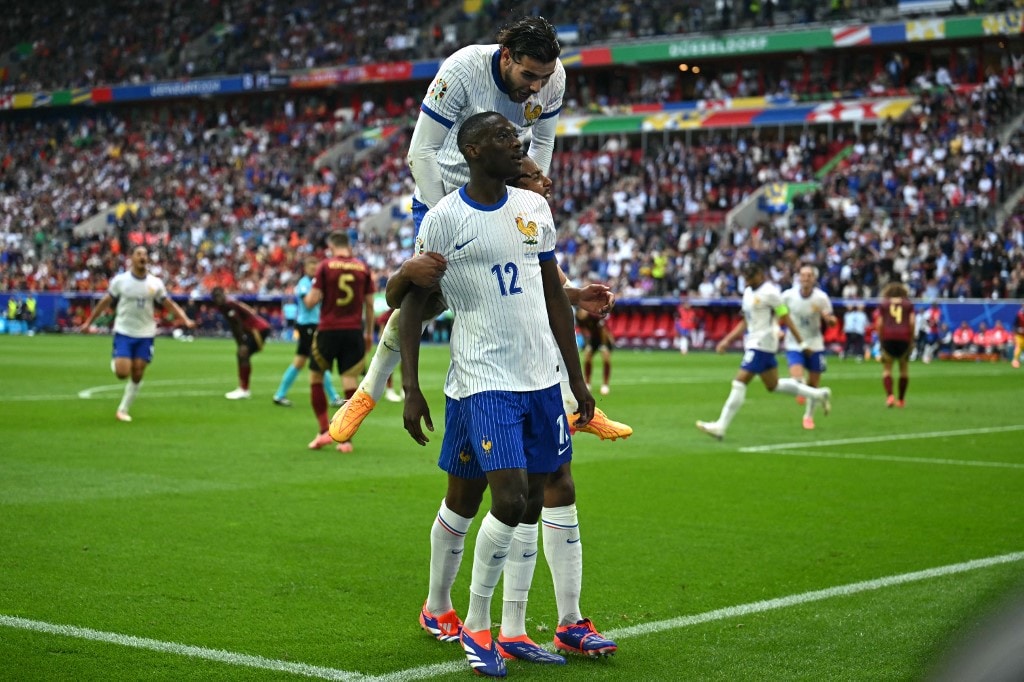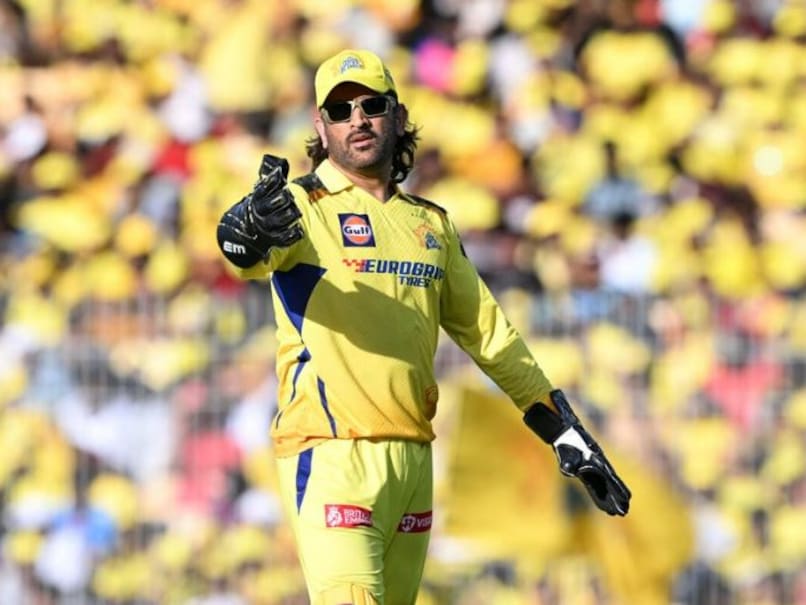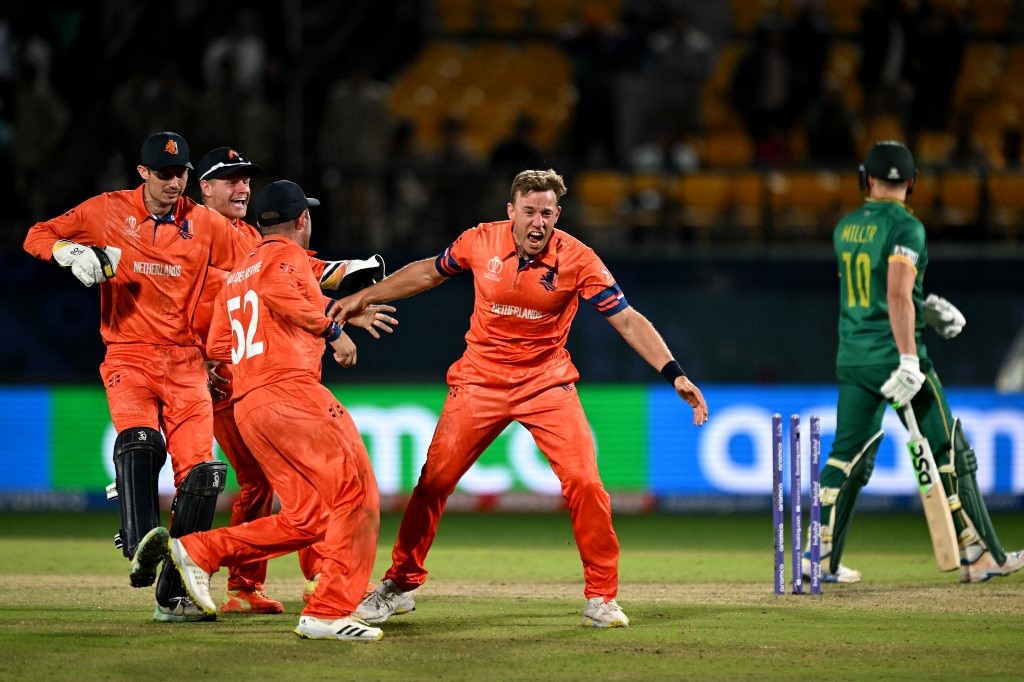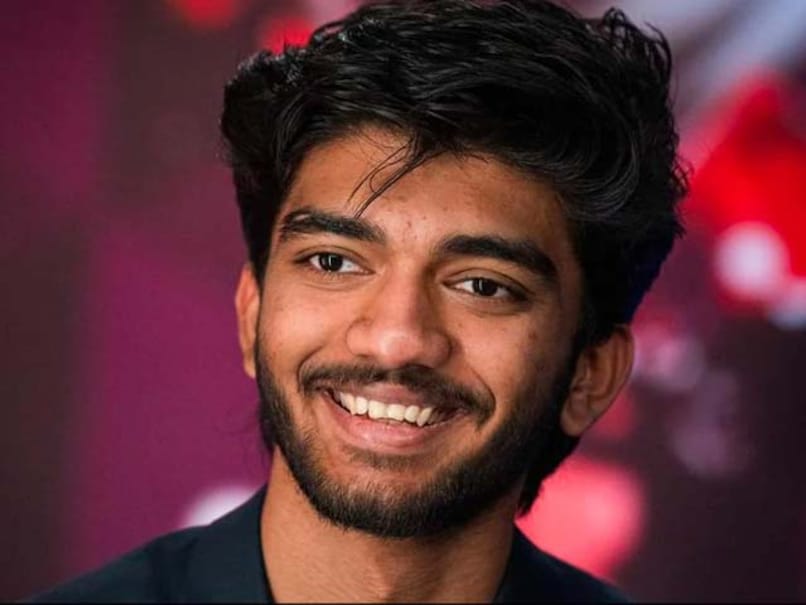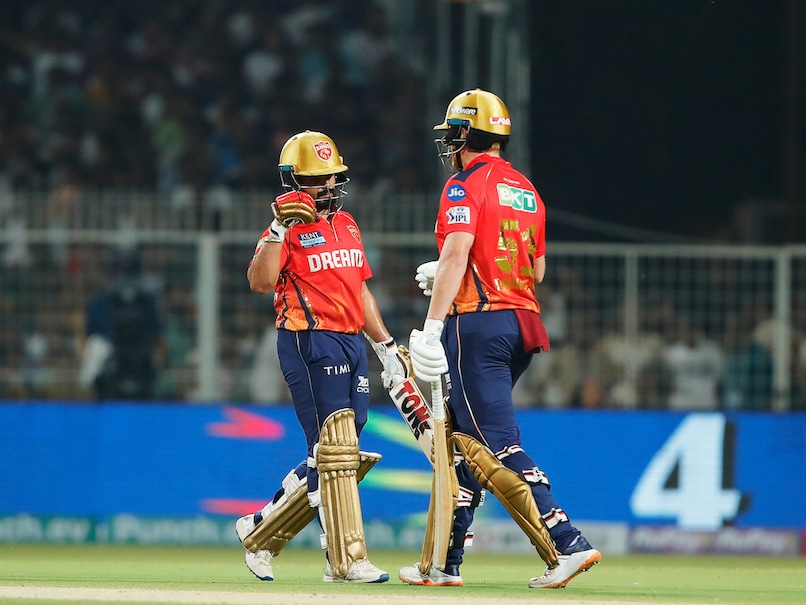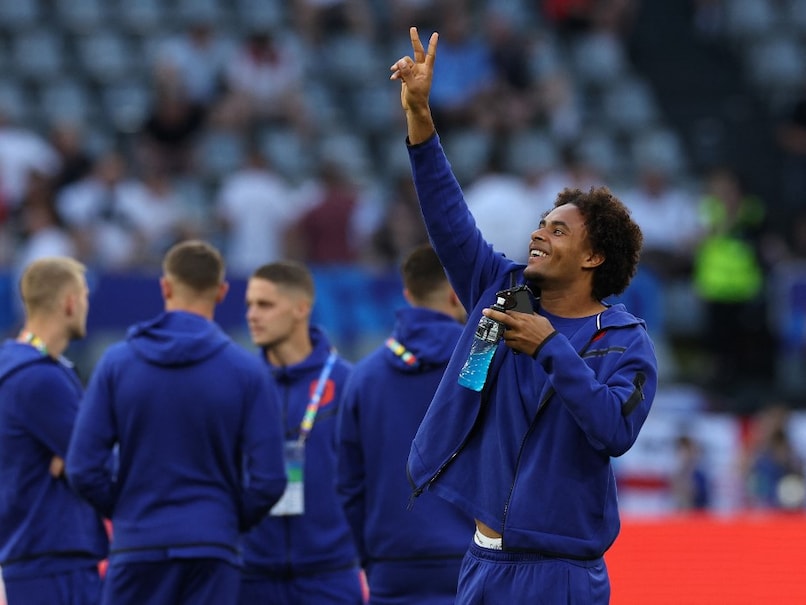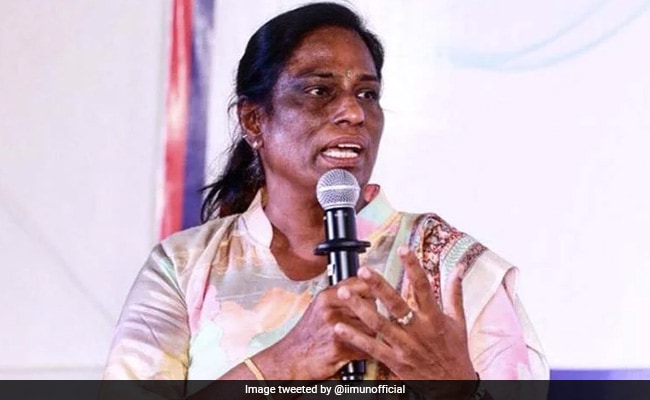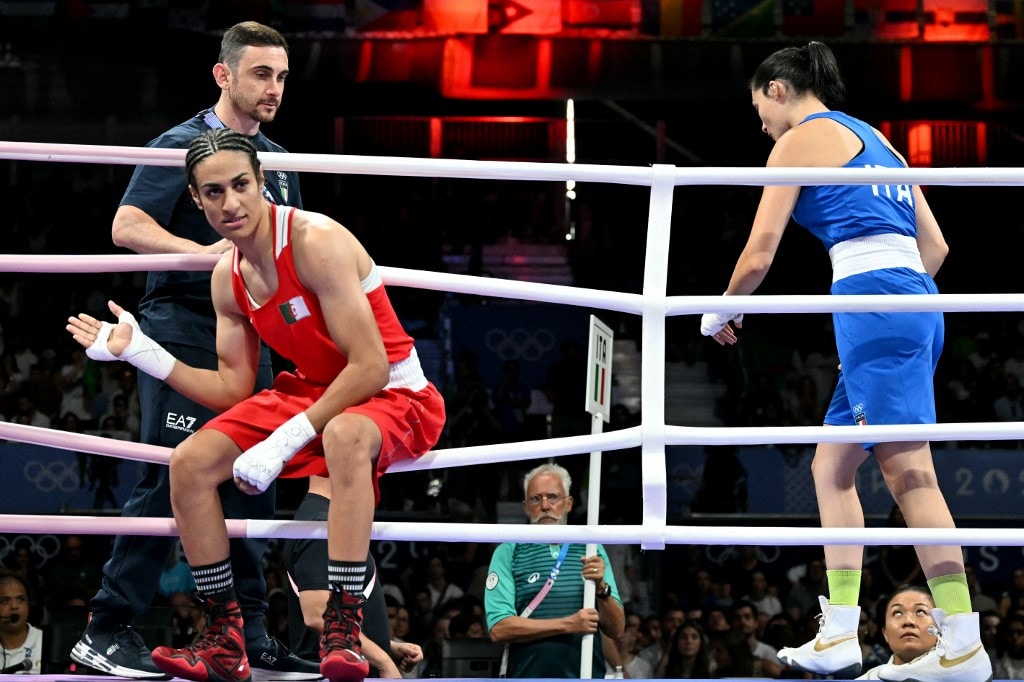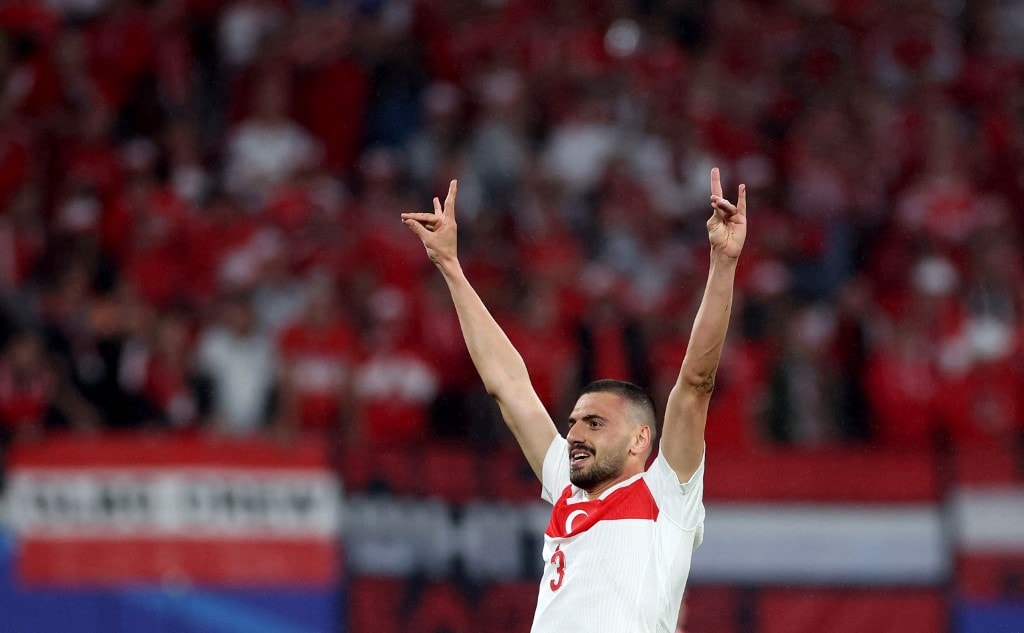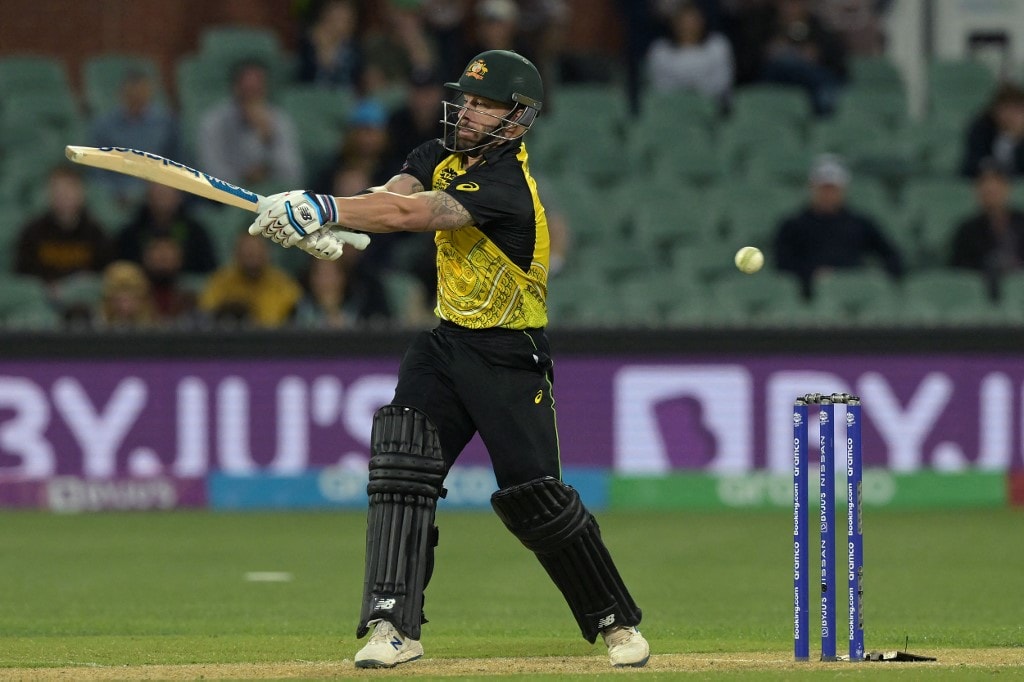The boxing competition at the Paris Olympics is over but the fight now starts for its inclusion at the 2028 LA Games after a damaging gender controversy placed the sport under renewed scrutiny. Boxing is a staple of the modern Olympics, making its debut in 1904 and contested at every Games since, apart from in 1912. Muhammad Ali, Sugar Ray Leonard, Floyd Mayweather and Lennox Lewis, to name just a few, all started out at the Olympics. Boxing at the Paris Games took place in mostly packed houses. And yet when the Los Angeles Olympics comes around four years from now, it is not certain that it will be on the programme.
That was even before a gender eligibility row broke out in the French capital, overshadowing the action in the ring and only adding to the scrutiny of the sport and how it is run.
“I think it has hurt Olympic boxing at a crucial time where its future is still being discussed,” Steve Bunce, a veteran British boxing journalist, said on the BBC.
“It’s an absolute disaster.”
Spencer Oliver, a British former boxer who was in the French capital as a radio pundit, agrees.
“It’s just a mess because boxing comes into the spotlight again,” Oliver told AFP.
“But it’s for the wrong reason.”
At the heart of boxing’s problems is a protracted and open dispute between the International Olympic Committee (IOC) and the Russian-led International Boxing Association.
Boxing at the pandemic-delayed Tokyo Games in 2021 went ahead only after the IOC stepped in to run it and the IOC again organised the sport in Paris, having effectively frozen the IBA out of the Olympic movement.
IOC president Thomas Bach has warned that boxing’s national federations need to find a new and “reliable” international partner for the IOC to be sure the sport features on the programme for 2028.
Bach said on Friday that the IOC would take the decision on its inclusion in the first half of 2025.
The clock is ticking.
The IBA’s main contribution in Paris was to stage a chaotic press conference that was intended to clarify why it disqualified Algeria’s Imane Khelif and Taiwan’s Lin Yu-ting from its world championships last year.
IBA president Umar Kremlev, a Kremlin-linked oligarch, claimed that the two fighters had “genetic testing that shows that these are men”.
The IOC cleared them to compete and expressed doubts about the IBA’s testing and motivations.
Khelif won gold on Friday and afterwards declared that “I am a woman like any other”.
“They hate me and I don’t know why,” she said of the IBA.
“I sent them a message with this medal.”
Taiwanese sports officials have threatened legal action against the IBA. Lin also won gold in her weight category.
Those within the sport say that excluding boxing from the Olympics would have multiple repercussions.
Ireland’s Kellie Harrington, who retained her title in Paris, fears that countries will pull funding for their boxing programmes if there is no Olympics to aim for.
“So that would be a crying shame. I think everybody needs to do a little bit more to keep it there,” she told Britain’s Sun newspaper.
Oliver noted how many of Britain’s best professional boxers, including former heavyweight world champion Anthony Joshua, had used the Olympics as a springboard to success.
“The Olympics made Joshua,” he said.
“The Olympics are great for the boxers because they get recognised and it’s the grassroots for them.
“And then they can go on and earn a lot of money, so it’s life-changing.”
Despite what he calls “an absolute mess” in the governance of the sport, Oliver says it is unthinkable that boxing would not be at the Olympics.
“I think the Olympics without boxing would be a shame. It would be very, very sad,” said Oliver.
“So I’m hoping that they can sort out all the politics that go on behind the scenes, and boxing continues.
“I’m sure it will do.”
Topics mentioned in this article




